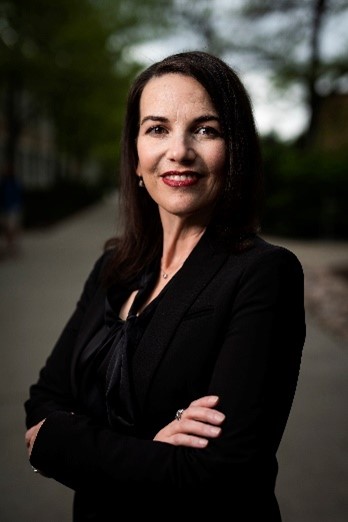Overview
 Decades of evidence across multiple scientific disciplines has pointed to widespread health impacts associated with social connection, or lack thereof.
Decades of evidence across multiple scientific disciplines has pointed to widespread health impacts associated with social connection, or lack thereof.
Despite this evidence, social connection has been widely assumed to be a personal issue primarily associated with emotional well-being, underappreciating the physical and public health ramifications. While a global pandemic raised awareness of loneliness and the importance of social connection, it simultaneously revealed gaps in our understanding.
Drawing on her work with the U.S. Surgeon General Advisory and the broader scientific literature, Dr. Holt-Lunstad highlighted the scope of the issue, evidence of health implications, and challenges and opportunities for translating this evidence into practical solutions and policy.
Read The Science of Social Connection Director’s Voice Blog to learn more about the impact of social isolation and loneliness on health and how behavioral and social science research is helping us unravel the mechanisms involved in the power of social connection.
Biography
Dr. Julianne Holt-Lunstad is a professor of psychology and neuroscience, and director of the Social Connection & Health Lab at Brigham Young University. She is also the founding scientific chair and board member for the U.S. Foundation for Social Connection and the Global Initiative on Loneliness and Connection.
She is an international scientific expert on social connection, the health effects, biological mechanisms, and strategies to mitigate risk and promote protection associated with social connection. Her research has been seminal in recognizing social isolation and loneliness as risk factors for early mortality.
As the lead scientific editor for a U.S. Surgeon General’s Advisory and National Strategy, she works towards translating evidence into practice and policy. She serves as a scientific advisor and regularly consults for organizations across sectors aimed at addressing this issue, and actively contributes to communicating the science into public discourse to raise awareness.








